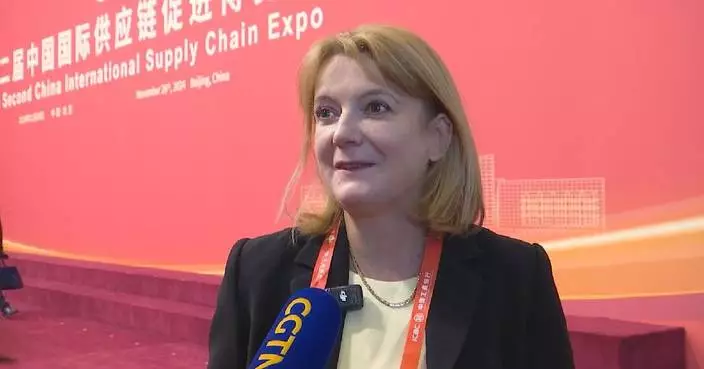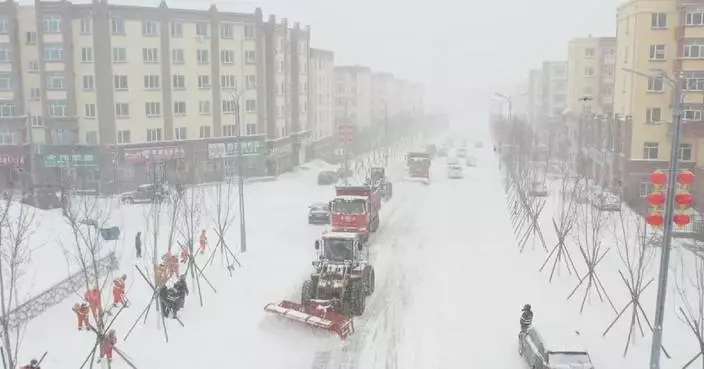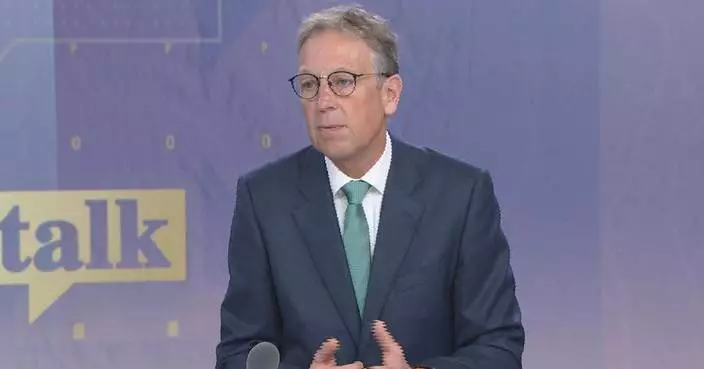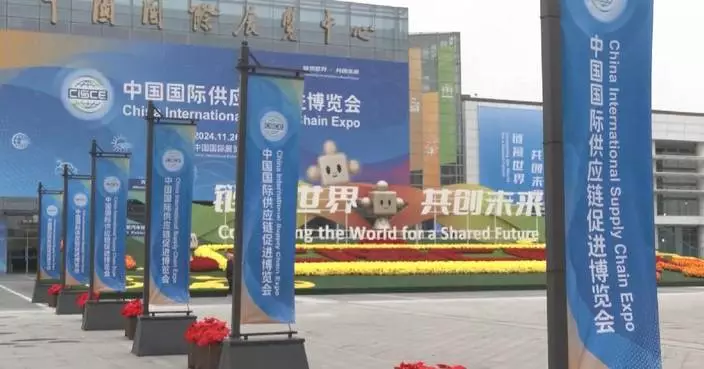China firmly opposes the G7 undermining its sovereignty and interfering in its internal affairs, and hopes G7 can make concrete contributions to the solidarity and cooperation of the international community, said Foreign Ministry spokeswoman Mao Ning at a press briefing in Beijing on Wednesday.
Mao made the remarks in response to content regarding China mentioned in the G7 Foreign Ministers’ Meeting Statement issued on Tuesday.
"Since the beginning of this year, we’ve made clear China’s solemn position on the G7’s erroneous remarks related to China. Given that the G7 members say they seek constructive and stable relations with China and stand ready to cooperate with China to address global challenges, they should champion the spirit of mutual trust, equality and mutual benefit and act on their words accordingly rather than smear and attack China," said Mao.
Mao said China always takes an objective and impartial position on the Ukraine crisis, actively promoting peace talks and never providing weapons to any side of the conflict. At the same time, normal economic and trade exchanges between China and Russia should not be interfered with or threatened by any third party.
The so-called Chinese overcapacity has already been proven to be a false proposition by abundant data and facts. Mao hoped relevant countries will adopt an open-minded attitude and adhere to fair competition.
China's position on the East China Sea, South China Sea, Xinjiang Autonomous Region, Xizang Autonomous Region and Hong Kong issues has always been consistent, said Mao.
"We firmly oppose the G7 undermining China’s sovereignty and interfering in China’s internal affairs. We urge G7 countries to abide by the purposes and principles of the UN Charter and the basic norms governing international relations," said Mao.
"As we speak, changes unseen in a century are unfolding at a faster pace in our world and international peace and development are facing unprecedented challenges. As a responsible major country, China always upholds fairness and justice, pursues openness and inclusiveness and brings benefits to the world through its development. We hope the G7 countries will stop being indulged in geopolitical games, discard the narrow zero-sum mindset and make concrete contributions to international solidarity and cooperation," said Mao.
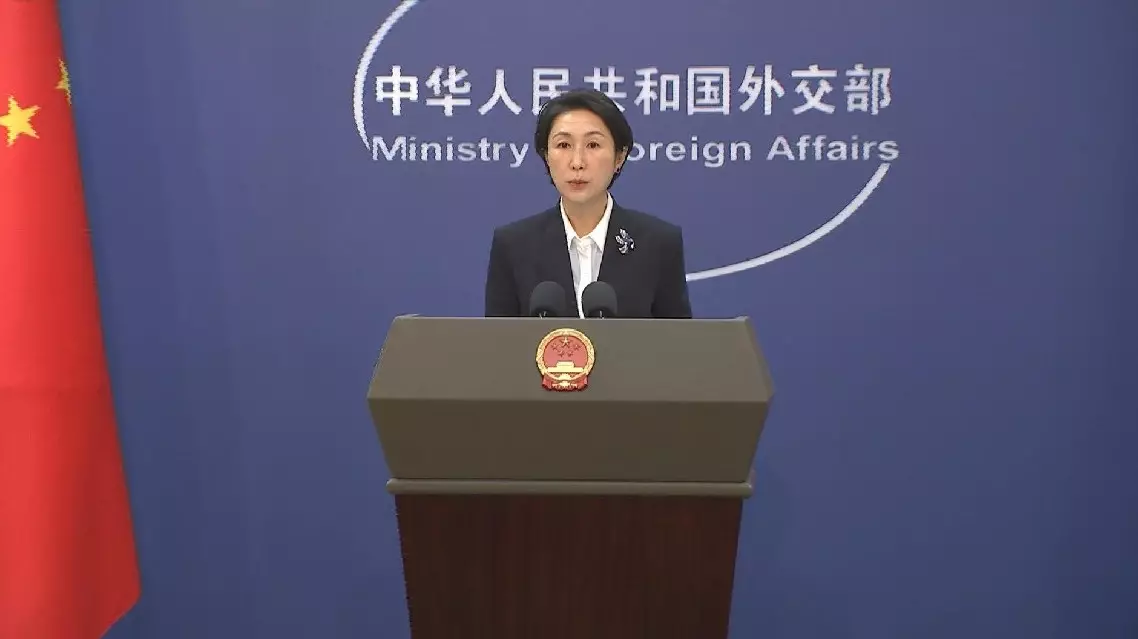
Spokeswoman voices opposition against G7's interfering in China's internal affairs
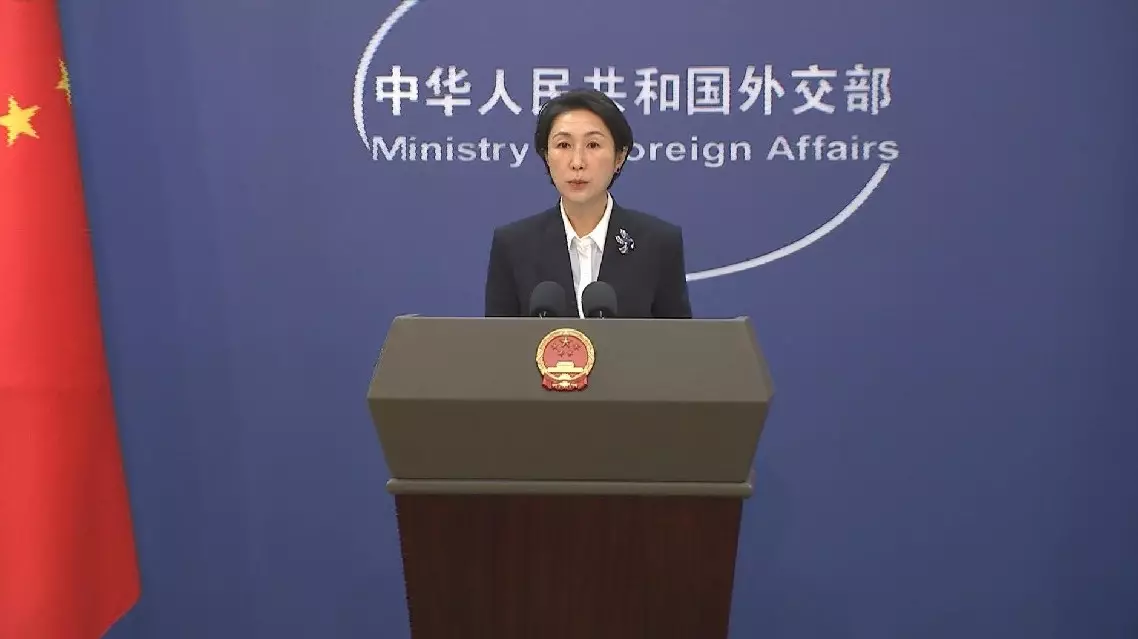
Spokeswoman voices opposition against G7's interfering in China's internal affairs
A major report on supply chain released by China on Tuesday indicates that the level of global supply chain connectivity has increased significantly in recent years, boosting the confidence of global business insiders and experts in the stability of global supply chain.
The 2024 Global Supply Chain Promotion report was unveiled on Tuesday during the ongoing China International Supply Chain Expo in Beijing, hosted by the China Council for the Promotion of International Trade (CCPIT).
As the flagship publication of the event, the report offers an in-depth analysis of the latest trends, challenges and development in global supply chains.
Alongside the report, two new indexes were introduced: the Global Supply Chain Connectivity Index (GSCCI) and the Global Supply Chain Promotion Index (GSCPI).
The GSCCI is the world's first comprehensive index measuring global supply chain connectivity. It is based on over 1.26 million pieces of high-quality data from international organizations such as the World Bank, the World Trade Organization and the International Monetary Fund, as well as statistical authorities from major economies and global databases.
Meanwhile, the GSCPI, the world's first index to quantitatively assess the level of global supply chain promotion, is based on a multi-layer calculation of over 50,000 pieces of authoritative data from international organizations. This index reflects the changes in the global supply chain promotion system in recent years.
Foreign attendees at the releasing ceremony have fully affirmed the report and two indexes, saying that they are expected to play a positive role in promoting the connectivity and stability of the global supply chain.
"[The report and indexes are] something that is done honestly, academically, scientifically in a way where we in partner countries can use it not only for information but to benchmark what we're doing in transport and logistics and to improve and upgrade what's going on," said Alaa Ezz, secretary general of the Union of African Chambers.
"We actually welcome the innovative approach that they have undertaken in analyzing the global supply chains and in these tools and initiatives that actually complement our shared plan on global supply chain resilience and transparency," said Clarice, an expert on trade facilitation and economic policy with the United Nations Conference on Trade and Development.
In an interview with China Global Television Network (CGTN), Zhou Jinzhu, director of the Department of International Trade Research at the CCPIT, further elaborated on the groundbreaking index.
She stated that the index responded to the major concerns of the global business community about the extent of global supply chain connectivity in the context of bilateral and multilateral trade and economic rules and different policies of the world's major economies.
"We fully considered the degree of connectivity of the global supply chain itself when designing the primary indicator of the Global Supply Chain Connectivity Index. The index has risen from 0.271 in 2014 to 0.731 in 2023, indicating that global supply chain connectivity is at a historical high. Our data shows that there is an inherent momentum toward connection within the global supply chain, and its current connectivity level is relatively strong historically. The economic globalization reflects the will of the people," Zhou said.
Taking the smart vehicle chain as an example, the expert explained how the report and indexes can outline the industry development trends and risks, and help businesses better understand the evolving global supply chain landscape.
"Power battery is a much concerned segment in the upstream of the smart car supply chain. The global production concentration for power batteries is actually increasing, with China, the United States, and Europe now able to meet their production needs through local manufacturing. Moving to the midstream of the supply chain, we see intensified market competition and rising production cost pressures, which accelerates the survival of the fittest among car manufacturers," said Zhou.
Themed "Connecting the World for a Shared Future," the second China International Supply Chain Expo opened in Beijing on Tuesday and will run through Saturday.
Compared to the previous edition in 2023, this year's event boasts a higher number of exhibiting companies, more international participants, and a larger crowd.
With the 620 companies and institutions on board from 69 countries, regions, and international bodies, the lineup includes 78 Fortune Global 500 firms, 86 Chinese Fortune 500 entities, and an anticipated attendance of professionals from over 100 countries in political, business, and academic spheres.
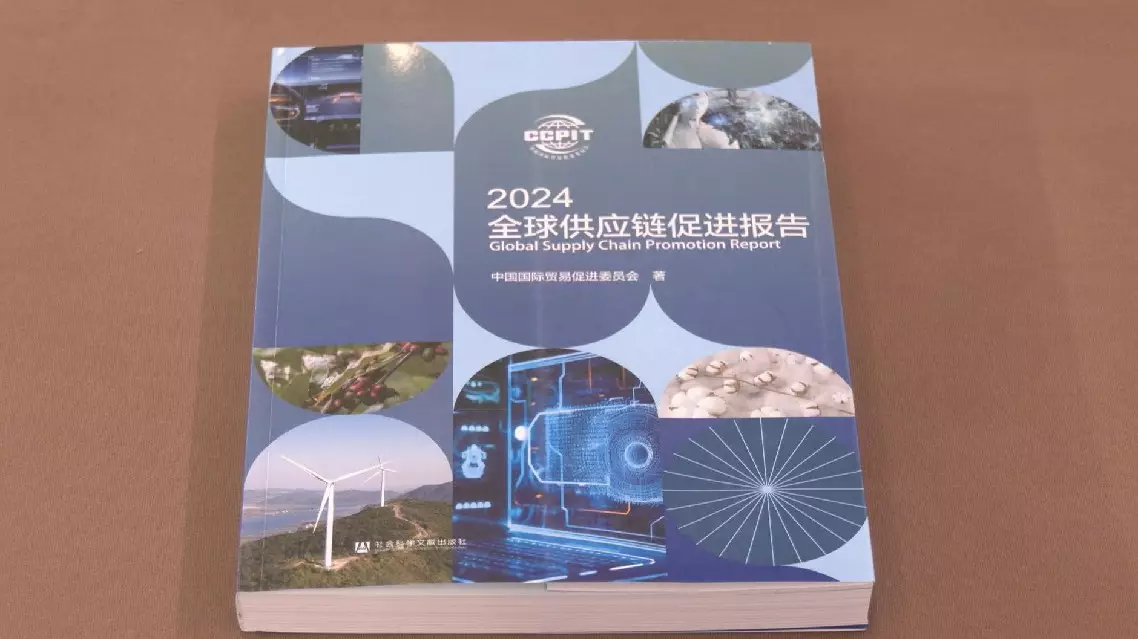
Global supply chain promotion report reveals global connectivity reaches historic levels





